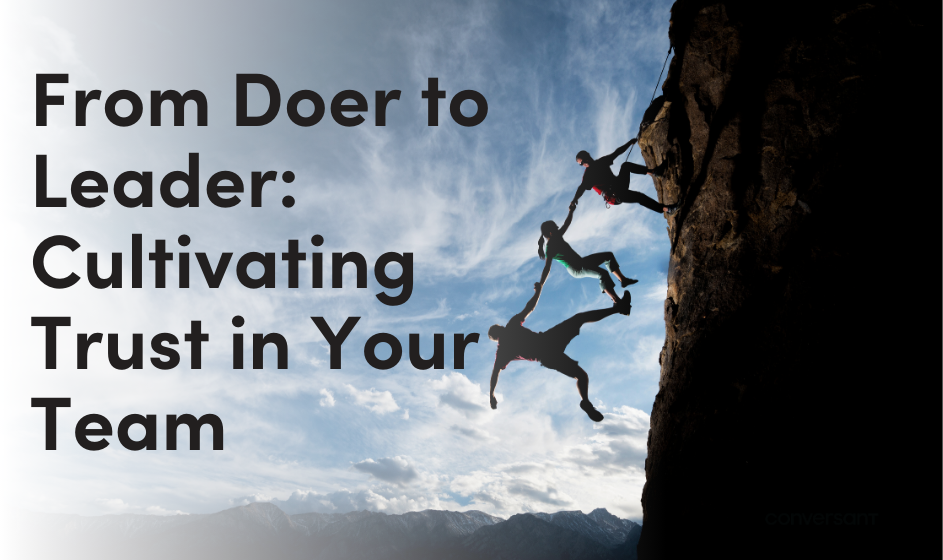Most of the intractable problems we face as a global community will not be fixed by any one organization, one sector, one government, or one leader. They will require us to work together across boundaries on behalf of a shared goal we all find meaningful. The recent publications on “Collective Impact” initiated by Kania and Kramer, layout the argument for organizations working together to solve social challenges. One person, even one group is just not that smart nor sees the bigger picture with all its complexity. Whether it’s ensuring we all acquire a decent education, have nutritious food available, or sustain our natural resources, no one can act alone effectively. But all too often, initiatives that depend on multiple groups unravel, losing focus and sustained commitment. Sound familiar? While it can feel overwhelming, it doesn’t have to be. If we remember what it is to be human and at the most fundamental level, what brings human beings together to create extraordinary results.
Edward Deci and Richard Ryan from the University of Rochester have pursued research in what are intrinsic needs for all human beings, regardless of what culture or circumstances we have grown up with. They articulate three things: autonomy, relatedness, and competence. Autonomy is not our need to be separate but rather our need to have choice and freedom when pursuing what is most meaningful to us. And autonomy is always in service to our relatedness, our belonging to others. We thrive when we have loving connections and become unhealthy when we fell separated and disconnected. Finally, we all want to feel like we matter, that we add value to others and are not just keeping the bench warm for someone else. We want to be seen as competent and to feel seen by others that way as well. This is interesting, especially as we consider whether we set up organizations and initiatives with these things in mind. . . or not. To better assure that your complex initiative or program will succeed and achieve amazing results, consider whether these conditions are present:
- Is there a shared goal, one that everyone can feel passionate about? If that’s not clearly articulated and owned by all players, none of the other steps matter.
- Does everyone feel like a legitimate contributor to the effort? Or are some people controlling what’s heard and what’s not? This has to do more with curiosity and the quality of our listening to one another as opposed to the quality of team structure and leadership. In all my years of working on what appears to be insurmountable problems, I find the breakthrough solutions most often come from the most unlikely people who just want to contribute to each other and the solution.
- Is the work interdependent? Does everyone actually embrace working together on a task? When we structurally need each other, we are able to help each other see things more broadly and significantly. None of us really works effectively alone. If we design our social nature into the work itself, we’re more intelligent and become more energized.
- Are there strong practices or team rituals that establish bonds of caring and connection? Great project teams are not mechanical and procedural in nature. They are alive with laughter, curiosity, creativity, and spirit. That’s the shared joy of making a difference.
Consider human intrinsic needs in the critical projects you are shaping in your own world. Nurturing these conditions will increase the shared commitment of members to the task and to each other. This makes a crucial difference since most people must negotiate competing priorities to stay engaged. Without these human elements baked into our work processes and practices, individuals will look elsewhere to make their biggest contributions.



